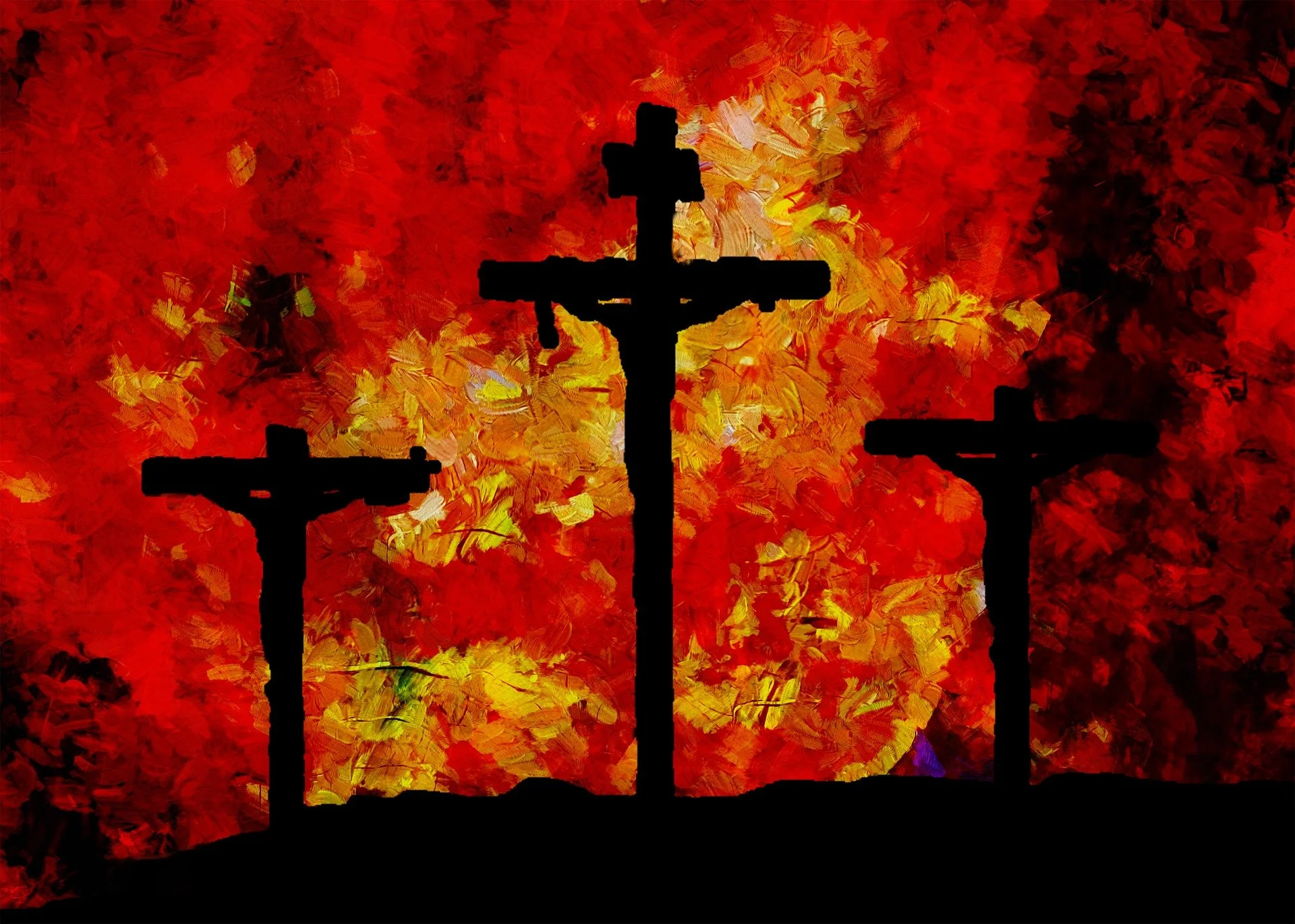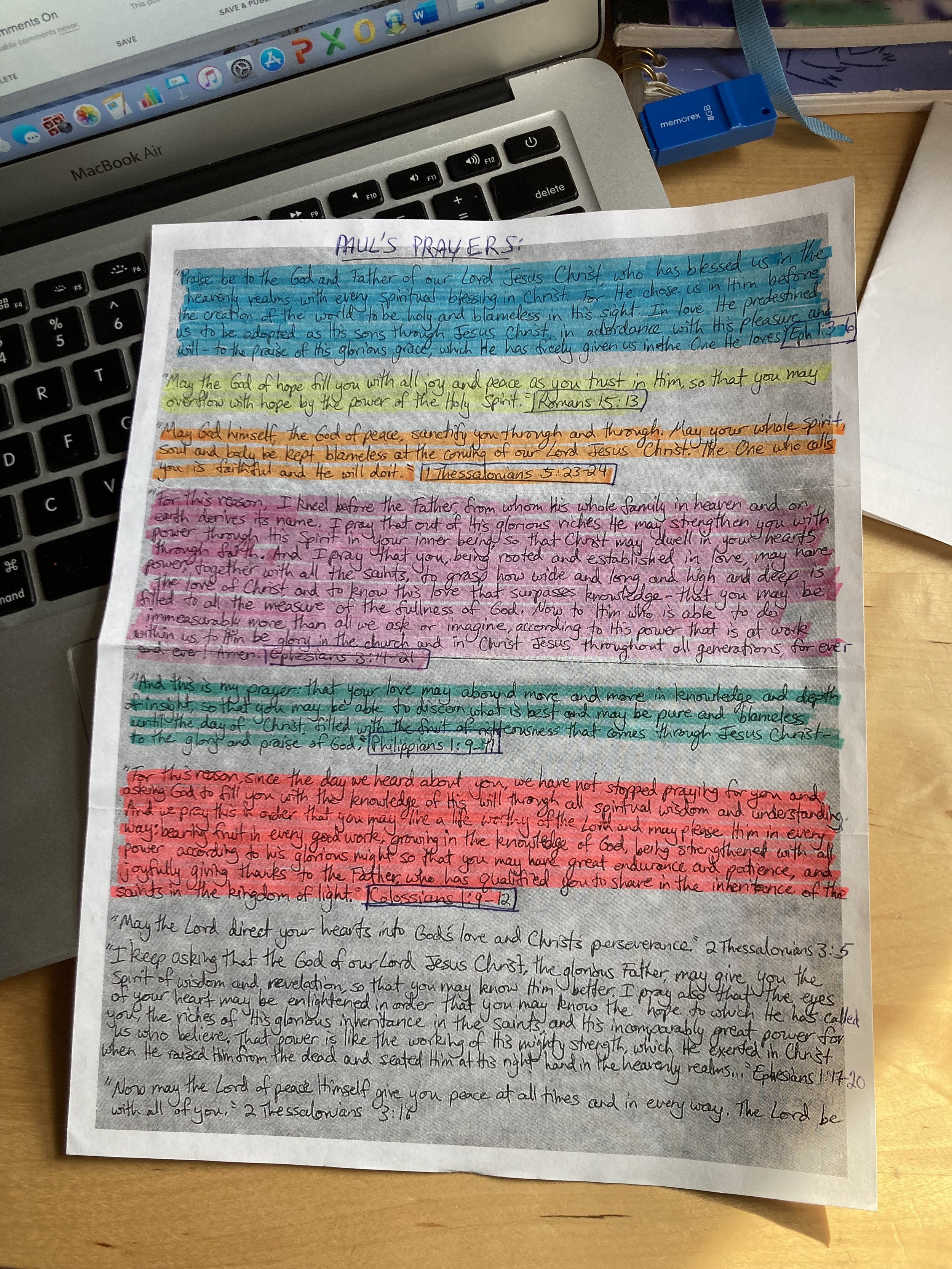Maintaining the Presence of Peace
If you have been following along, you know I have been talking about the last name of Jesus mentioned in Isaiah 9:6, Prince of Peace. Even though we often refer to that scripture at Christmas, I believe it is one that we should look at again and again. We need to be reminded who this One is that we call Lord and Savior.
Image by Benjamin Balazs from Pixabay
While it is true that we always have the Prince of Peace with us, as I explain last week, we don’t always feel His peace. We all to often allow life and all of its difficulties and distractions to take the place of peace in our hearts.
Many of you are probably familiar with the “love bank” idea created by Dr. Willard F. Harley, clinical psychologist and author of a variety of relationship and marriage books, including His Needs, Her Needs. The sum up is that the more we put into someone else’s love bank, the more they will feel loved. When we criticize, demand, or do unkind things we make withdrawals from the their love bank, thus causing damage to the relationship.
Image by Gerd Altmann from Pixabay
I believe we can use a similar analogy when it comes to peace in our lives. When we read God’s word, pray, have fellowship with others, and abide in Him we add to our “peace bank”. When we neglect those activities, or do things that go against God and His truth, we make withdrawals from the bank. It is easy to suddenly find ourselves lacking funds in our bank account when we have been living life in our own strength and might.
For this final post on the Prince of Peace, I would like to look at some of the tools we can use to ensure our peace banks never run low. I want to look at a few specific ideas. As I said earlier, prayer, God’s word, etc. help us maintain peace, but I want to look at specific thoughts in this regard.
1 - Prayer
a - Prayers of confession and repentance. There is nothing faster at removing our peace than unconfessed sin. I like the idea of keeping “short accounts”. Did I hurt someone’s feelings at work today? Did I gossip when I was with my lady friends at lunch? Did I speak harshly towards my spouse? We must be ever vigilant to keep our minds and hearts clean before our Prince of Peace.
“If we confess our sins, He is faithful and righteous to forgive us our sins and to cleanse us from all unrighteousness.”
b - Prayers of release. As a parent, and grandparent, this is one of the hardest things to do. You might wonder, if I let it go, how is that going to give me peace? Don’t I have to do something about it? Actually, the most important thing we can do is to lay our fears, doubts and desires at the foot of the cross. We need to find our Lord to be the most trustworthy friend we will ever have. Let go of those things that are troubling you and let Him be God.
“Be anxious for nothing, but in everything by prayer and supplication with thanksgiving let your requests be made known to God.”
2 - Scripture
a - Using God’s Word for meditation. When we are having difficulty with peace going back to God’s word and mulling it over helps to bring back our connection to the Prince of Peace. I always have a journal and at least a pen when I read passages from the Word. The Holy Spirit is always able to give us new insights, even from passages we have read over and over. I am not afraid to underline and write notes in my Bible either. Being centered on His holy Word will always reconnect us to our wonderful Prince of Peace.
“And I shall lift up my hands to Your commandments, Which I love; And I will meditate on Your statutes.”
b - Using God’s Word for battle. I have discussed my walkabouts on here before, but as a refresher, a walkabout is when I pace around my house praying out loud for the purpose of spiritual warfare. I do this often when I am praying for my children, grandsons and my spouse, although, many people end up on my walkabout list, because so many are struggling. During these times of intense communication with God, I take the Words He has inspired in the Bible and I pray them back to Him.
“And take the helmet of salvation, and the sword of the Spirit, which is the word of God.”
The Word of God is not passive. According to Hebrews 4:12 it is, “living and active.”
“ For the word of God is living and active and sharper than any two-edged sword, and piercing as far as the division of soul and spirit, of both joints and marrow, and able to judge the thoughts and intentions of the heart.”
3 - Changing our thought life.
Image by Engin Akyurt from Pixabay
This might seem obvious, and certainly spending more time in prayer and the Word of God will help. However, I thought it important to give this a little more emphasis since we can change our thoughts by doing other things as well. The mind is not the only part of our bodies affected by a lack of peace. Anxiety, anger, lust, bitterness, and lack of forgiveness can affect our digestive systems, cause aches and pains and can rev up the inflammation triggers all over our bodies. One of the main areas we can control is our thoughts.
a - Scriptures to help our thoughts:
“Finally, brethren, whatever is true, whatever is honorable, whatever is right, whatever is pure, whatever is lovely, whatever is of good repute, if there is any excellence and if anything worthy of praise, dwell on these things.”
“You will keep him in perfect peace,
Whose mind is stayed on You,
Because he trusts in You..”
“The Lord will give strength to His people; The Lord will bless His people with peace.”
“Those who love Your Law have great peace, And nothing causes them to stumble.”
“The steadfast of mind You will keep in perfect peace, Because he trusts in You.”
“And the peace of God, which surpasses all comprehension, will guard your hearts and minds in Christ Jesus.”
I am particularly fond of this last verse. The word guard in this verse evokes the idea of a battalion of soldiers standing guard over our hearts and minds in Christ Jesus. This is what God’s word says about His peace. His peace is beyond our comprehension, meaning we can have it, even when it doesn’t make any sense, and it will be like a company of warriors watching over our hearts and minds.
Image by Amber Clay from Pixabay
c - Other ways to maintain our peace:
There are plenty of secular things people do to give them peace of mind from meditation, and medication, to music, to exercise and getting outside. All of these are good, but don’t forget, as a Christ follower your peace ultimately comes from the Prince of Peace. Nothing else will give you true, deep, lasting peace like Jesus.
I hope you have enjoyed this look at the word peace, and our Prince of Peace, Jesus Christ. Please let me know in the comments how our Prince has given His peace to you.






























































































